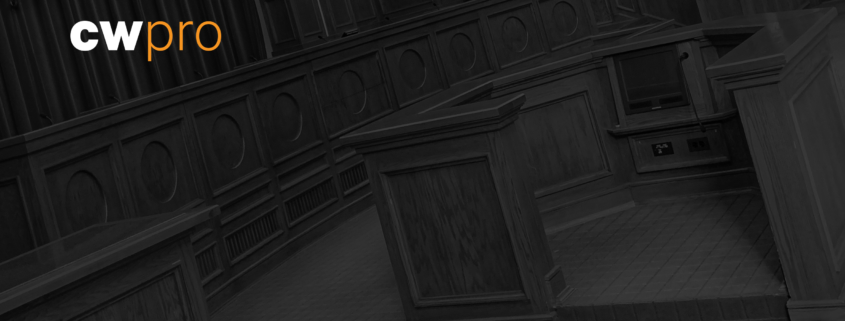International agreements, cyberespionage, and international tensions. New US DoD zero-trust office. State and local cybersecurity in the US.
At a glance.
- US joins the Paris Call.
- FBI warns of Iranian cyberespionage.
- Recent DPRK cyberespionage.
- Ransomware and Financial Stability Act (H.R.5936) introduced into the US House.
- The US Department of Defense will stand up an office to promote zero-trust implementation.
- Reaction to the effects of the US infrastructure bill on state and local governments.
- Rising tension in Eastern Europe can be expected to prompt a higher offensive cyber optempo.
US joins Paris Call.
US Vice President Kamala Harris has announced that American has joined the Paris Call for Trust and Security in Cyberspace, an eighty-country collaboration focused on advancing global cybersecurity efforts. Axios notes that Former President Trump refused to allow the US to support the Paris Call, and the shift demonstrates the Biden administration’s dedication to strengthening international cyberrelations. Security Week adds that the White House released a statement explaining the new partnership “includes working with like minded countries to attribute and hold accountable States that engage in destructive, disruptive, and destabilizing cyber activity.”
FBI alert warns Iranian hacker is hunting for data.
The US Federal Bureau of Investigation (FBI) is warning that a cybercriminal tied to Iran is looking to get his hands on bulk data from countries all over the world including the US, the Record by Recorded Future reports. He’s not targeting any particular industry, but is instead trawling the dark web for any data that could be leveraged to “conduct their own cyber operations against US organizations,” the FBI’s statement explains. The alert details techniques deployed by the threat actor in the past, such as enabling Remote Desktop Protocol (RDP) on target devices, or creating an RDP-scanning botnet using a network of compromised WordPress sites. To protect themselves, businesses who have suffered past data exposures are being advised to ensure compromised data can’t be abused for a future attack. FBI guidance includes patching previously compromised systems, resetting passwords, and safeguarding all systems exposed to the internet.
Kimsuky sets its sights on South Korean think tanks.
A North Korean threat…

